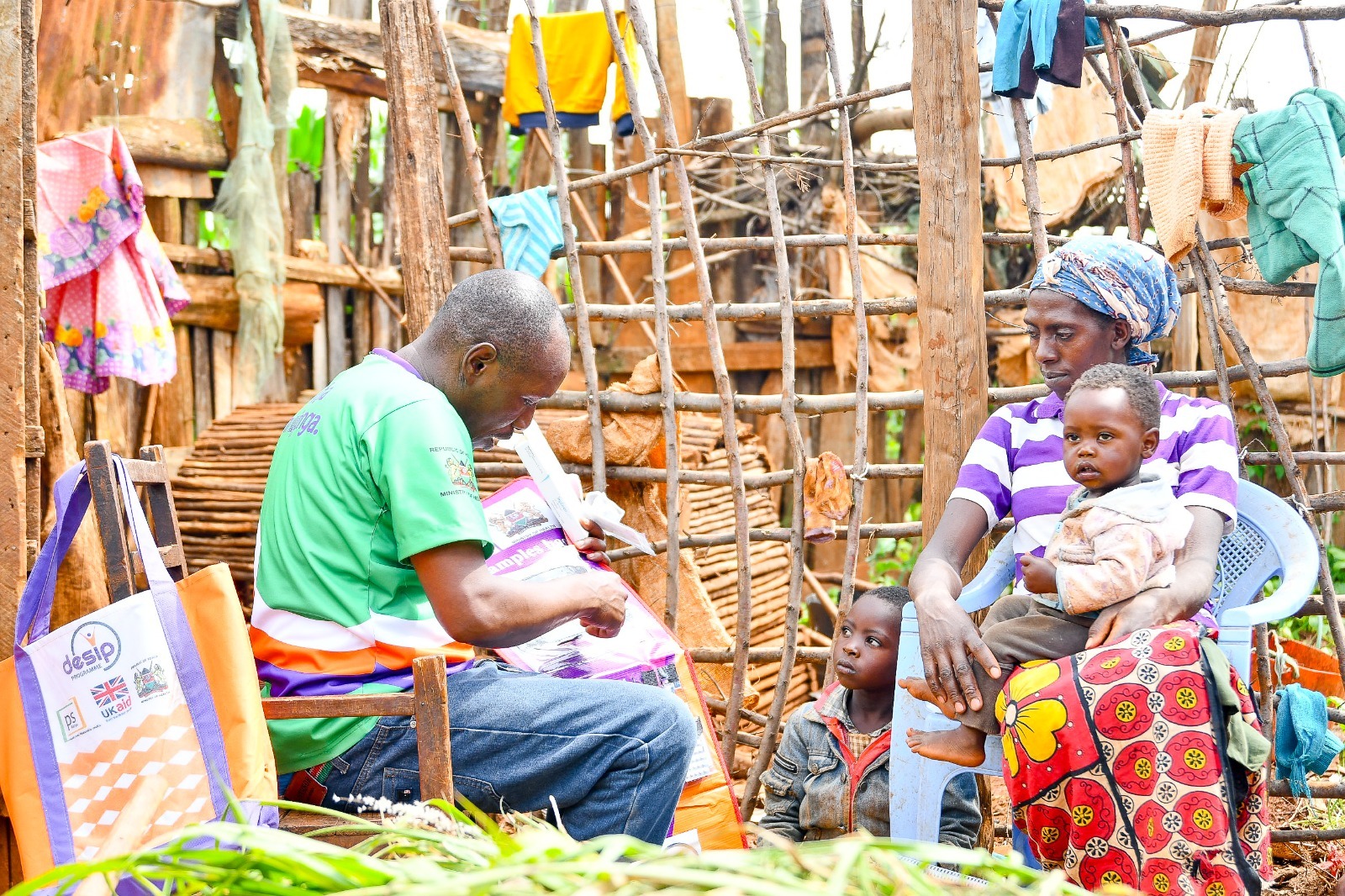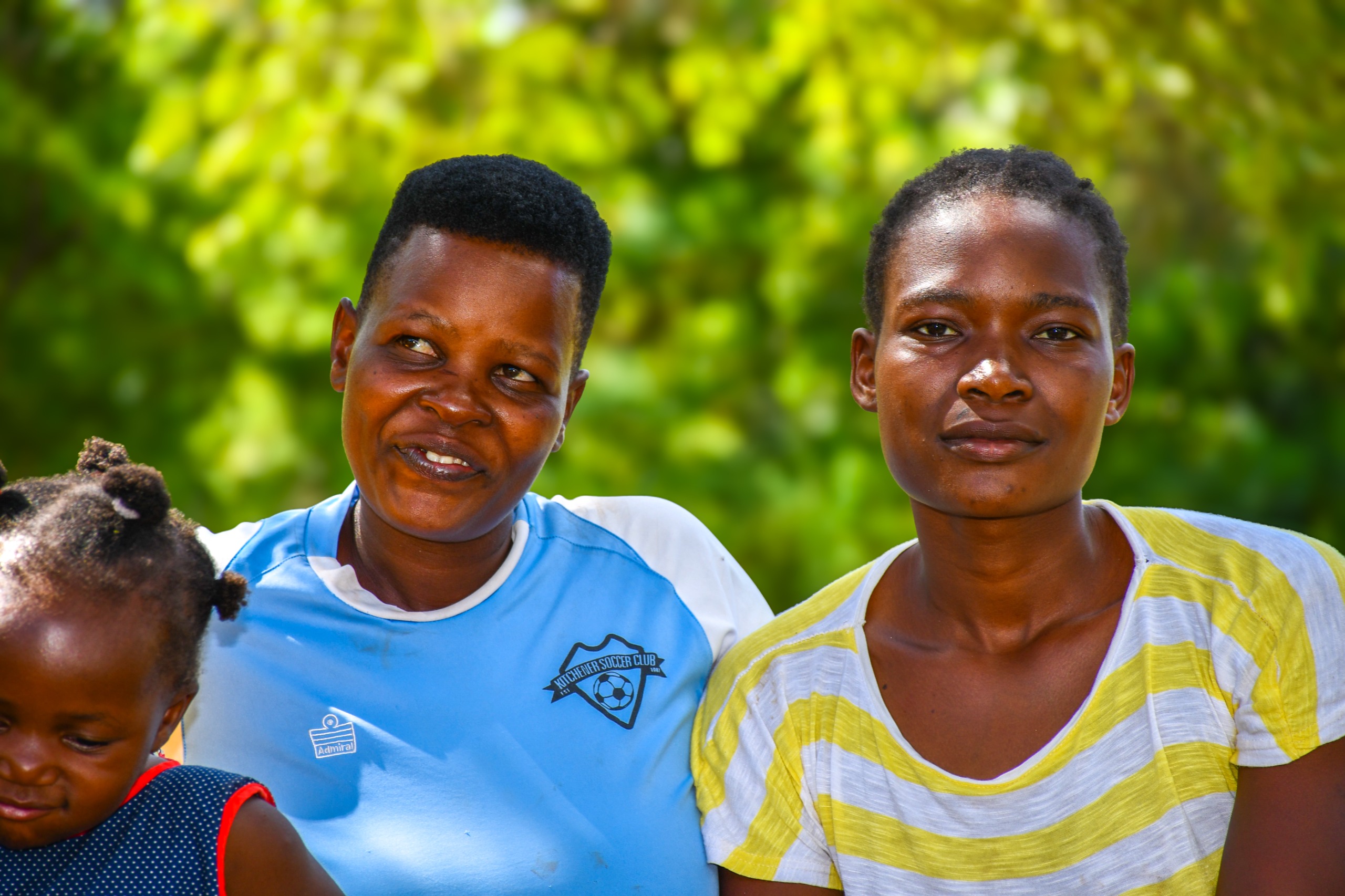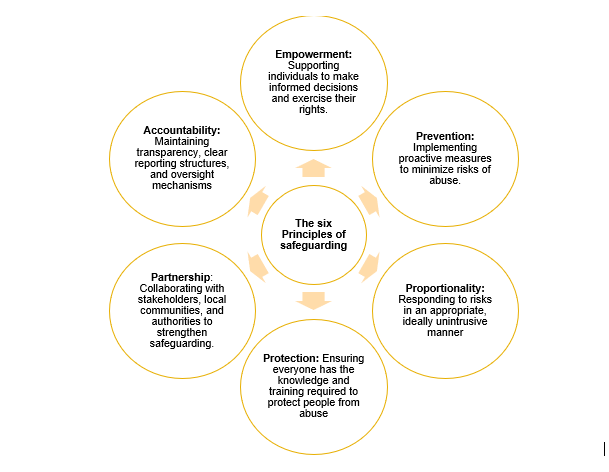According to the 2019 World Health Organisation report, 21 million unintended pregnancies are realised among adolescents aged 15–19 in developing countries. The report further states that 55% of these unintended pregnancies end in unsafe abortion, subjecting adolescent girls to higher risks of eclampsia, puerperal endometritis, and systemic infections. However, it is argued that every step towards preventing early pregnancies and the elimination of pregnancy-related mortality and morbidity in adolescents is foundational to achieving positive health outcomes. A multifaceted approach is needed to tame this global phenomenon with unbearable economic, social, and health consequences.

Every girl’s dream is to get a good professional career, achieve her goals, and lead a successful life in this competitive world. Unpleasantly, adolescent girls and young women encounter unimaginable economic upheavals, health issues, and life skills matters that potentially create a lifetime barrier to their success. Inability to negotiate for safer sex, such as the use of condoms, barriers to obtaining and using contraceptives, child sexual abuse, illiteracy, and poorer economic status, are among the many risk-increasing risks of teenage pregnancies. These challenges, if not resolved, can potentially subject adolescent girls and young women to a haphazard and jumbled life.
Overcoming these challenges is proving stubborn since many developing countries like Kenya are slower in reducing adolescent first births among vulnerable groups. Moreover, communities are paying nearly little to no attention to putting up community-led and driven initiatives to prevent teenage pregnancies. Indeed, we can conclude that society watches at a distance when teenage girls are abused by their caretakers. This conspicuous neglect by community stakeholders has left the adolescents desperate, demoralised, and pessimistic, especially when they get pregnant. The schoolgirls are often privileged, as they spend a good amount of time in school under the care of parents and teachers. The story is worse and more painful for the adolescent who dropped out of school because of a teenage pregnancy. On many occasions, such adolescents eventually get married to people who may not make any effort to take them back to school, subjecting them to recurrent births. This is a clear path and ticket to generational poverty and a destitute life.
Population Services Kenya, in partnership with the Ministry of Health and County Governments, has meticulously designed and is currently piloting community-driven and adolescent-centred interventions that accelerate the fight against teenage pregnancy by improving access to and uptake of contraceptives in Kenya. Besides, the project is keen to empower AGYW with soft and hard skills, enabling them to overcome economic hurdles and make informed decisions. The project, dubbed Binti Shupavu, is committed and deliberate to liberating adolescents and young women from these economic and life skills challenges. Community health promoters and youth peer mobilizers are at the centre of mobilising adolescents and young women to access contraceptive services at the healthcare facilities of their choice. This team has demonstrated commitment to constructive engagement with the local communities during Binti Shupavu Stories. The storytelling time has enabled the community to dispel myths and debunk misconceptions about contraceptives, creating an enabling environment for contraceptive use.
The Binti Shupavu Model is also fitted with a disruptive technological solution that enables adolescents to access verifiable, accurate, and informative Sexual and Reproductive Health (SRH) information at all times. The formulators of this model are devoted to empowering generations with adequate SRH information and the ability to access contraceptive services with unlimited possibilities. Collaboration with community health promoters to mobilise adolescents for contraceptive services is a promising practice for the continuous use of these services, even in the face of climate crises like El Nino. PS Kenya has remained steadfast in meaningfully engaging and empowering youths to make reproductive health-informed choices and decisions, a deliberate effort to overcome unintended pregnancies.



